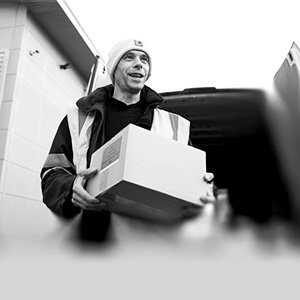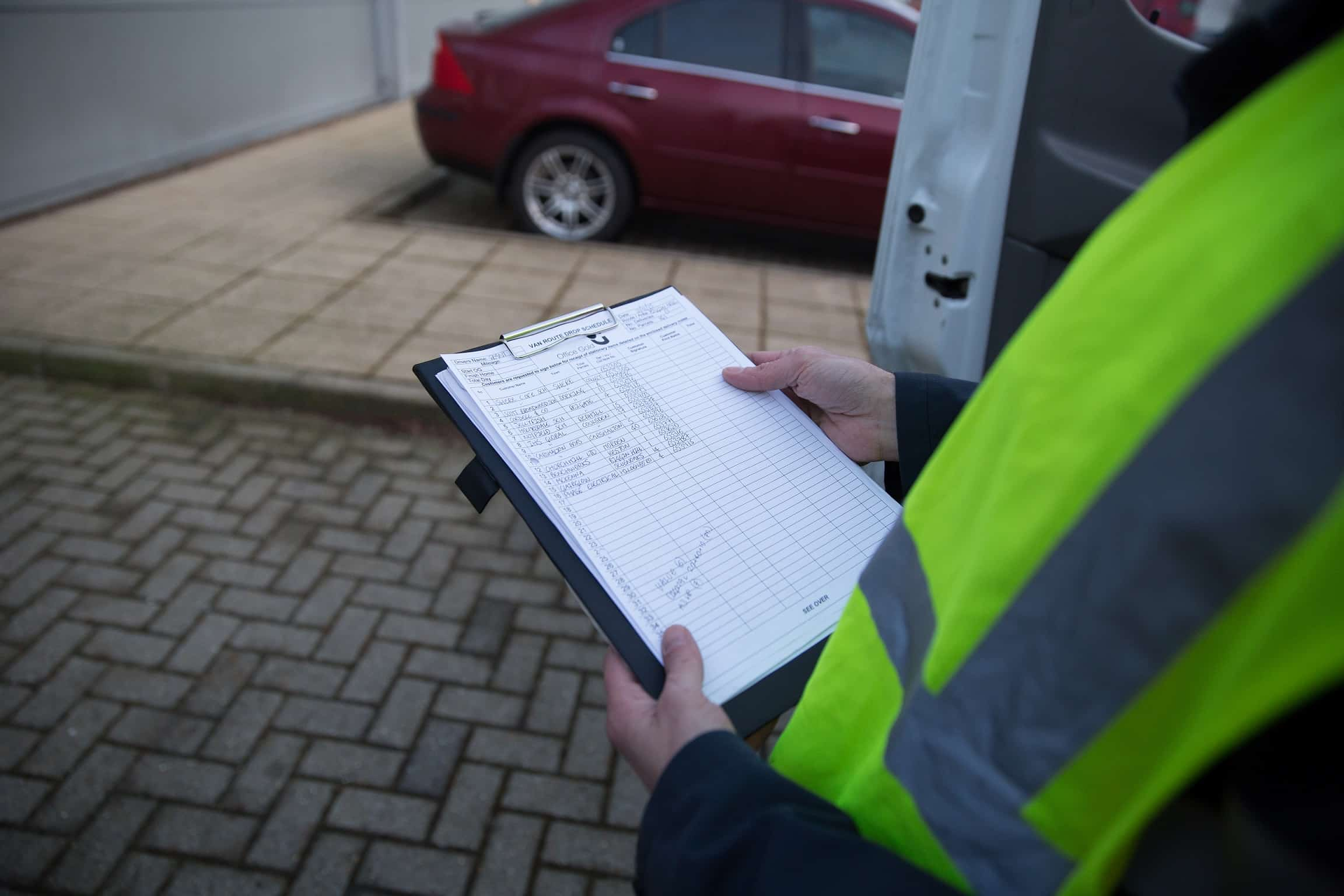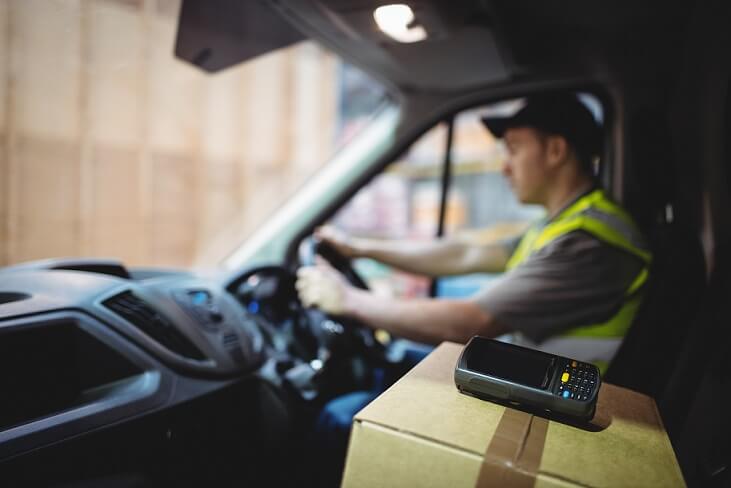If you’re looking to start a courier business in the UK, there’s plenty of opportunity for success. But be wary, as with any business start-up there are many pitfalls if you don’t plan ahead.
Many people who look to create their own courier businesses usually come from a courier background, having already built up knowledge in the industry. Without any previous experience, starting a business can be tricky, so lots of planning, research and preparation will be required.
Whether you’re starting up on your own or working for one of the major carriers as a self-employed driver, here are some of the things you need to know.
Getting started
The first thing you need to do is create a business plan, you need to have a clear idea of how you will make money and what type of courier business you’re looking for. Once you understand this you should start planning your expenses, pricing and profit margins.
Most new courier businesses start out from home, saving the stress of having to find an office or unit. To help you get started, the main things you’ll need are a quiet space in the house to use as your office, a phone and a set of wheels (ideally a van). Of course there are many more aspects and requirements to starting up.
Next steps
Now that you’ve got your business plan and working space sorted, it’s time to get your business out there. There are many ways of marketing your business, but some of the recommended options include:
Create a website
Creating a website is a great way of getting your courier business noticed. There are many free options available and in most case it shouldn’t take too long to set everything up (if you’re not comfortable doing this you can always use a web developer). Make sure that your website looks professional and refer prospective customers to it. You’ll need to have your contact information, service information and business rates on here and be sure to place your website details on business cards, flyers and other advertising material.
Attend local trade shows and events
Going to local tradeshows and networking events will help get your name out there and gives you the opportunity to meet prospective customers.
Build a customer base
Visit small local businesses and offices and hospitals and schools in your area, explaining the benefits of using your business over competitors, making sure you give them your business card or flyer for future reference.
Get permission from retail outlets and shops and leave stacks of leaflets to help attract new custom and start placing ads in local magazines, newspapers and yellow pages.
Another way of procuring new customers is by signing up for courier network sites like Courier Exchange which advertise potential jobs. Some of these sites will also update you by email or SMS if any work in your area that matches your vehicle comes up, eliminating ‘dead mileage’.
Customer Service
Having an understanding of customer service is also vital to the success of your business, as word-of-mouth is important to this industry. Being able to inform your customers on the progress of the job and being able to invoice them once it’s completed is all part of providing excellent customer service. You’ll be less likely to miss a delivery and will maintain a professional image. You may need to use courier software to help with invoices and collecting payment.
Maintain a log of all pick-ups and deliveries and be sure to arrive on time as this will make the customers more likely to use your services again.
Having the right insurance
As a courier you are delivering goods on a hire and reward basis, which a standard van insurance policy does not cover. With courier insurance you are covered to move goods for others, giving you peace of mind, knowing that you have the right cover for your business needs. In some case you’ll also be covered for goods in transit too, which will cover the goods you’re transporting against loss, damage or theft.
As you’ll be running your own business you’ll need to think about liability insurance. If you employ anybody in any capacity it’s a legal requirement for you to have Employer’s Liability insurance. This type of insurance can cover compensation and legal costs if an employee or ex-employee decides to sue for a work-related illness or injury.
Although Public Liability insurance is not compulsory, it is useful to have this insurance in place, as it will cover your business if a member of the public is injured in anyway by your business or if you damage third party property whilst carrying out your work.
Grow Your Business
If all goes well you might start to see more and more demand come in for your business. Now could be the time to start hiring drivers or take on subcontractors to help you with the workload, cover you if you’re sick or if you’re going on holiday.
We hope this all helps and wish you all the best with your new venture. If we’ve missed anything here please let us know on Facebook and Twitter.













